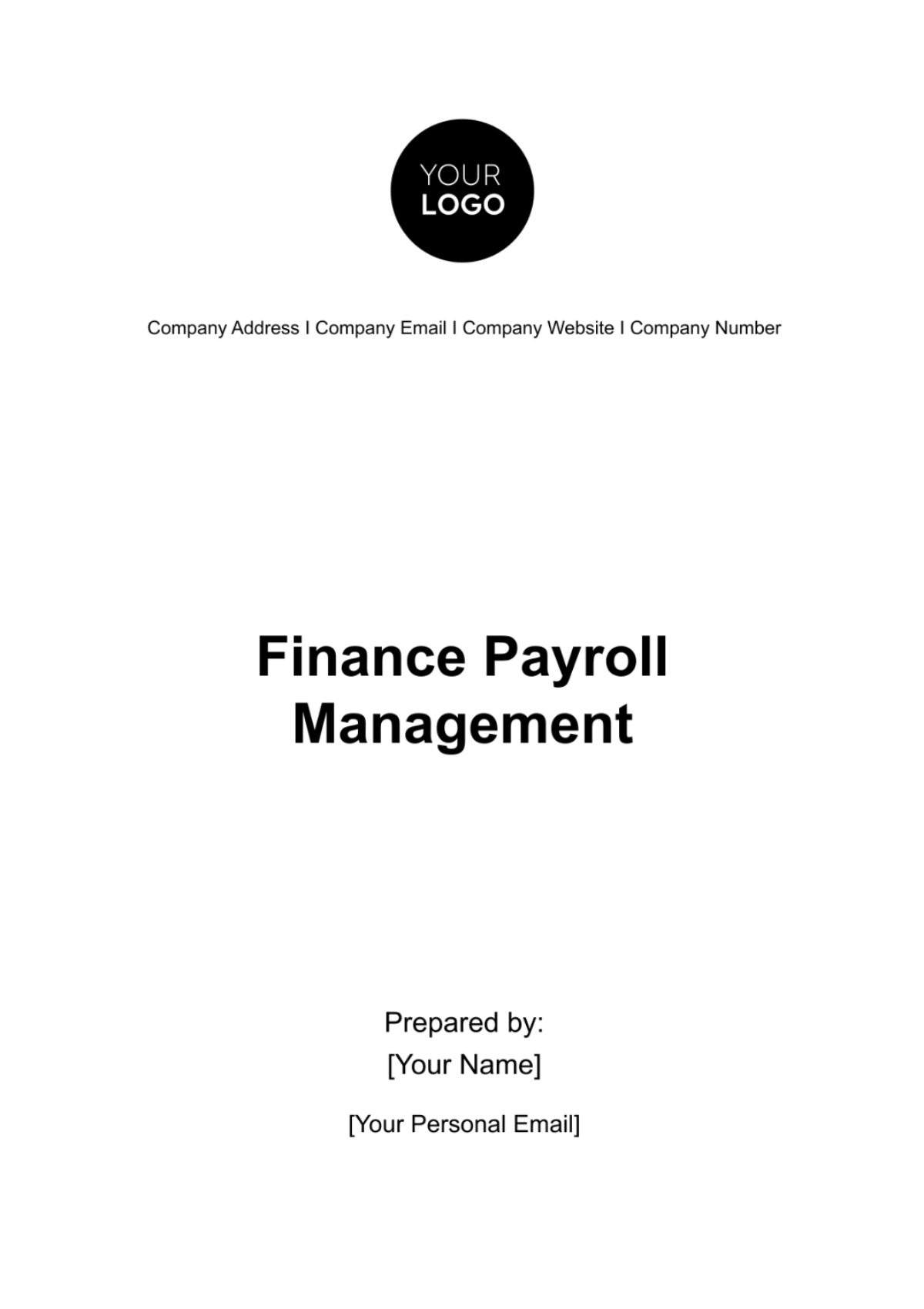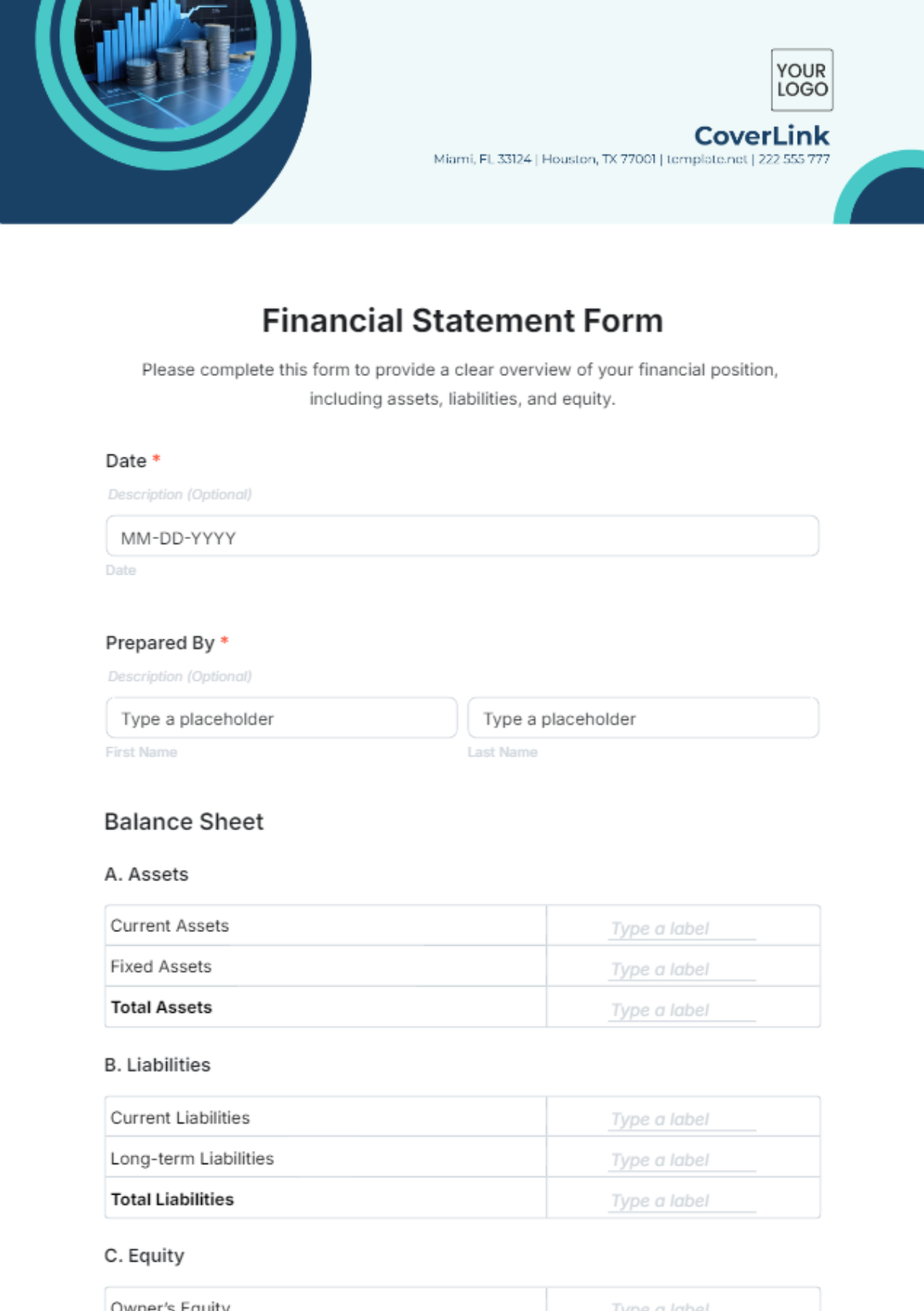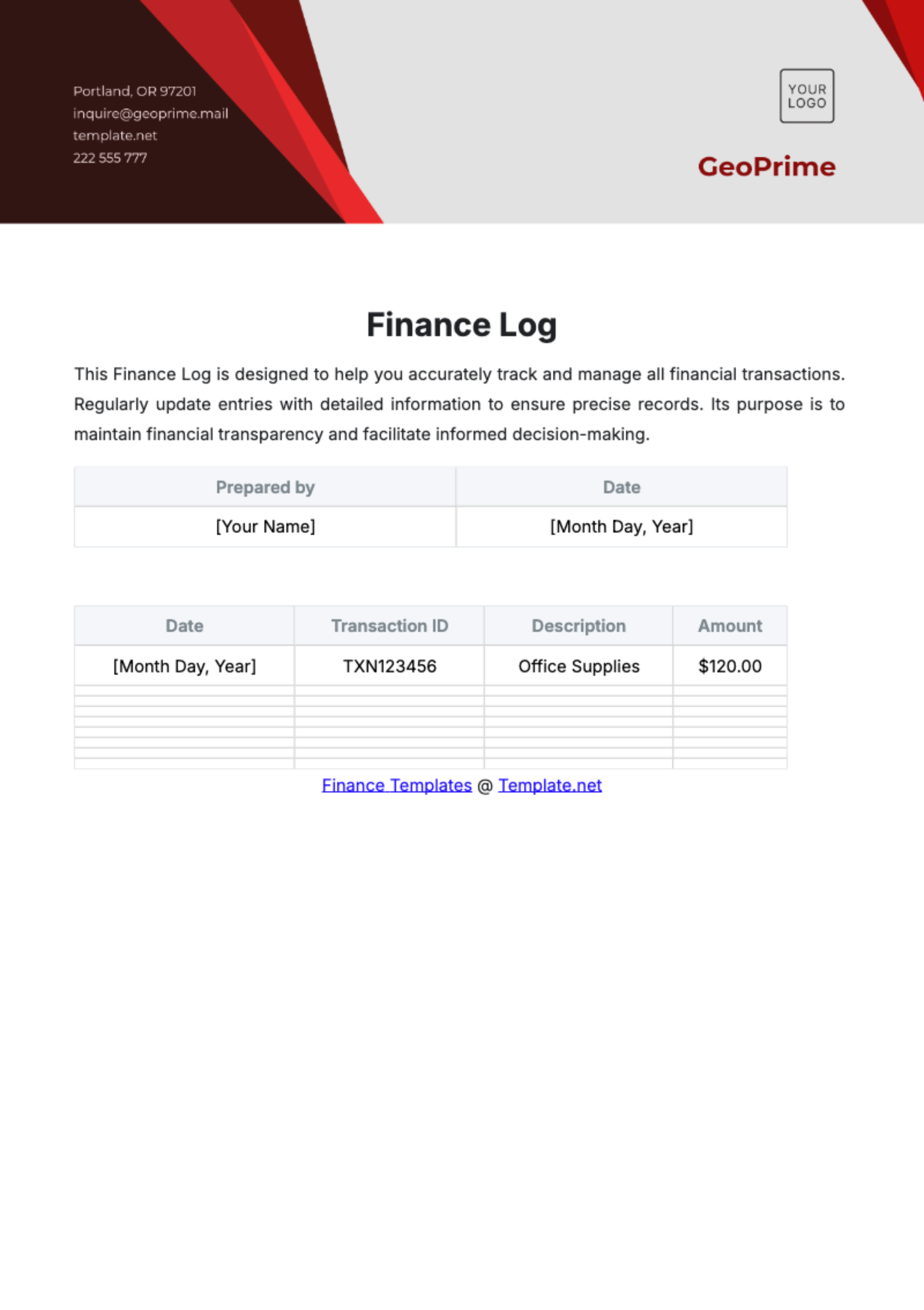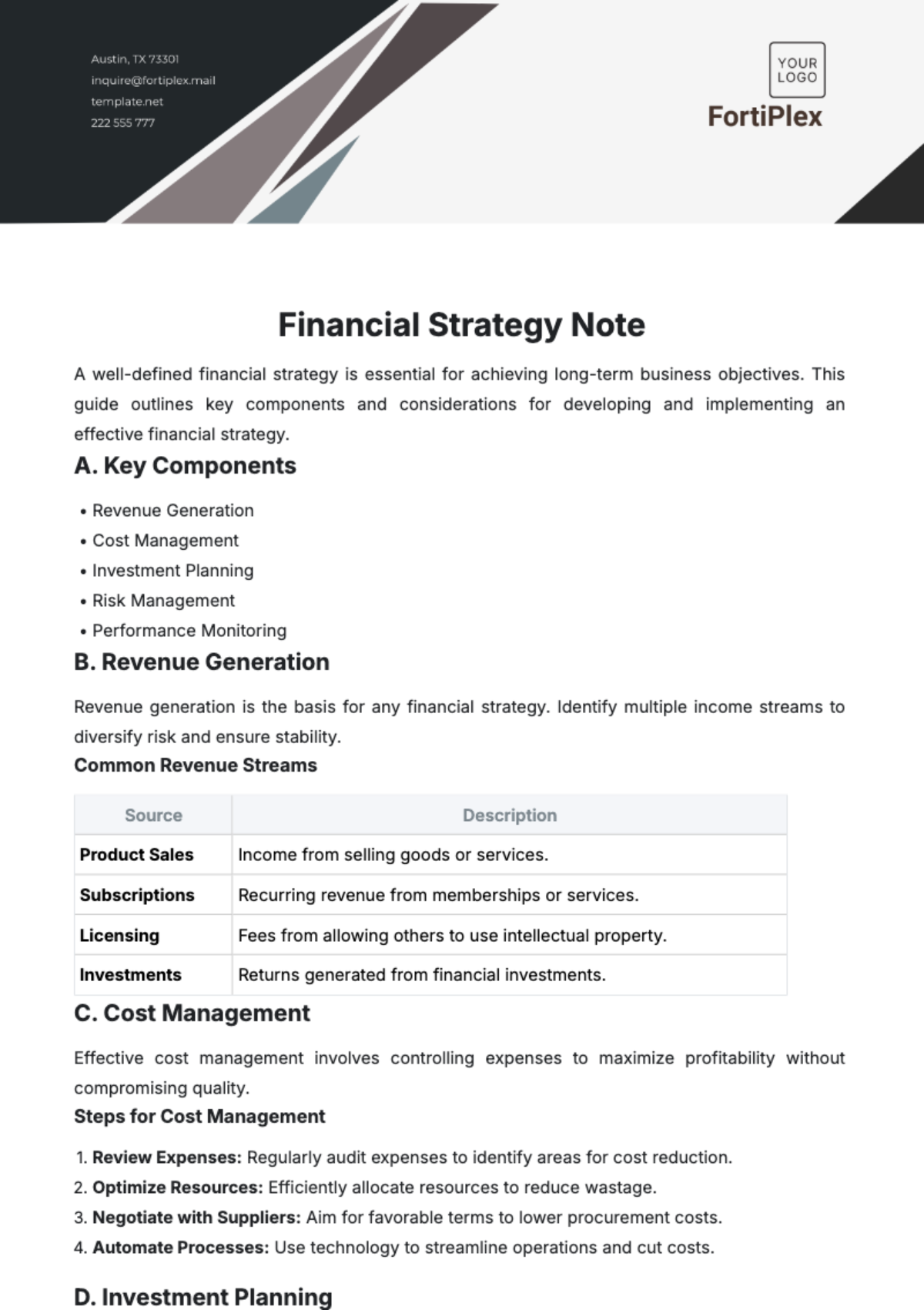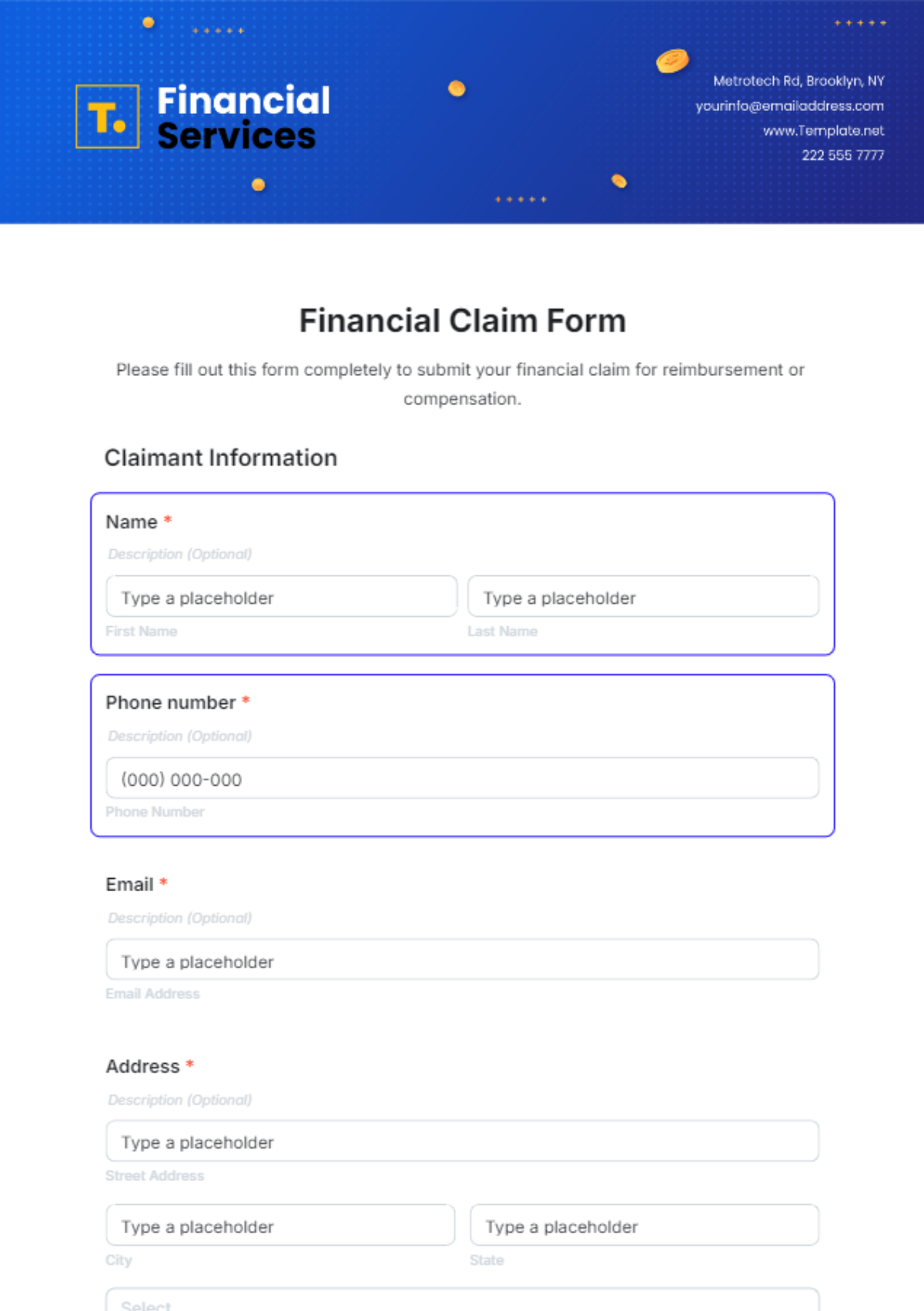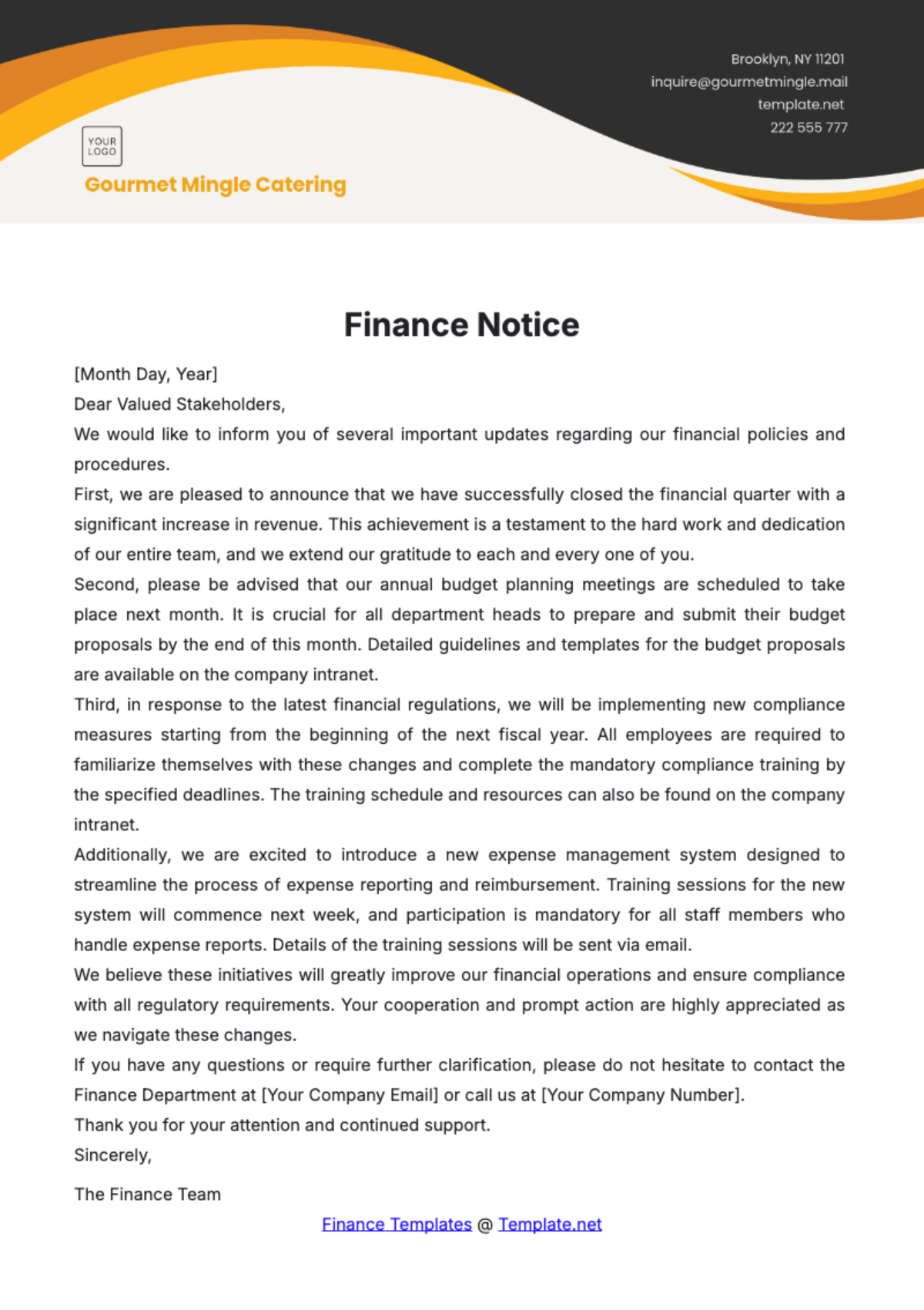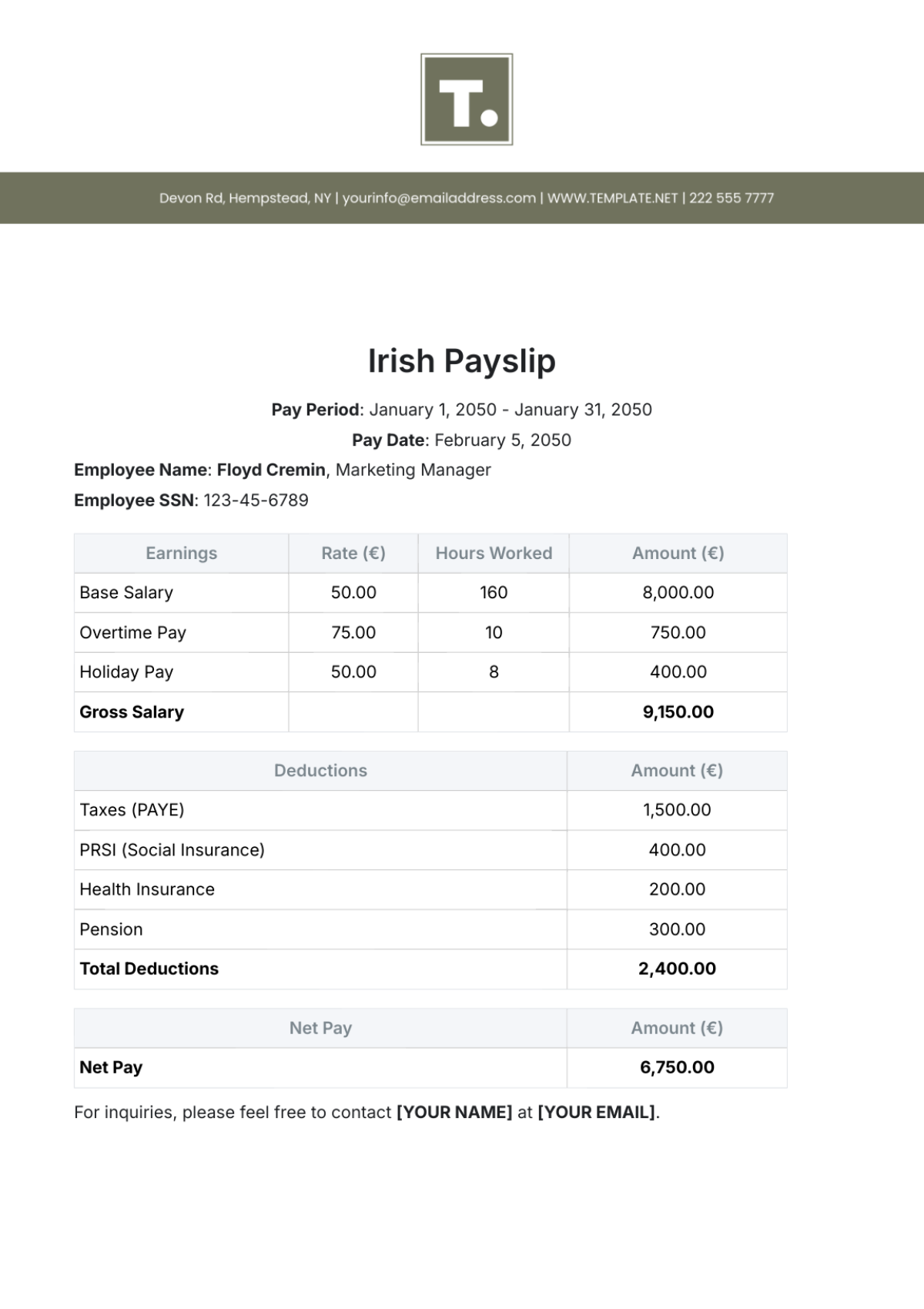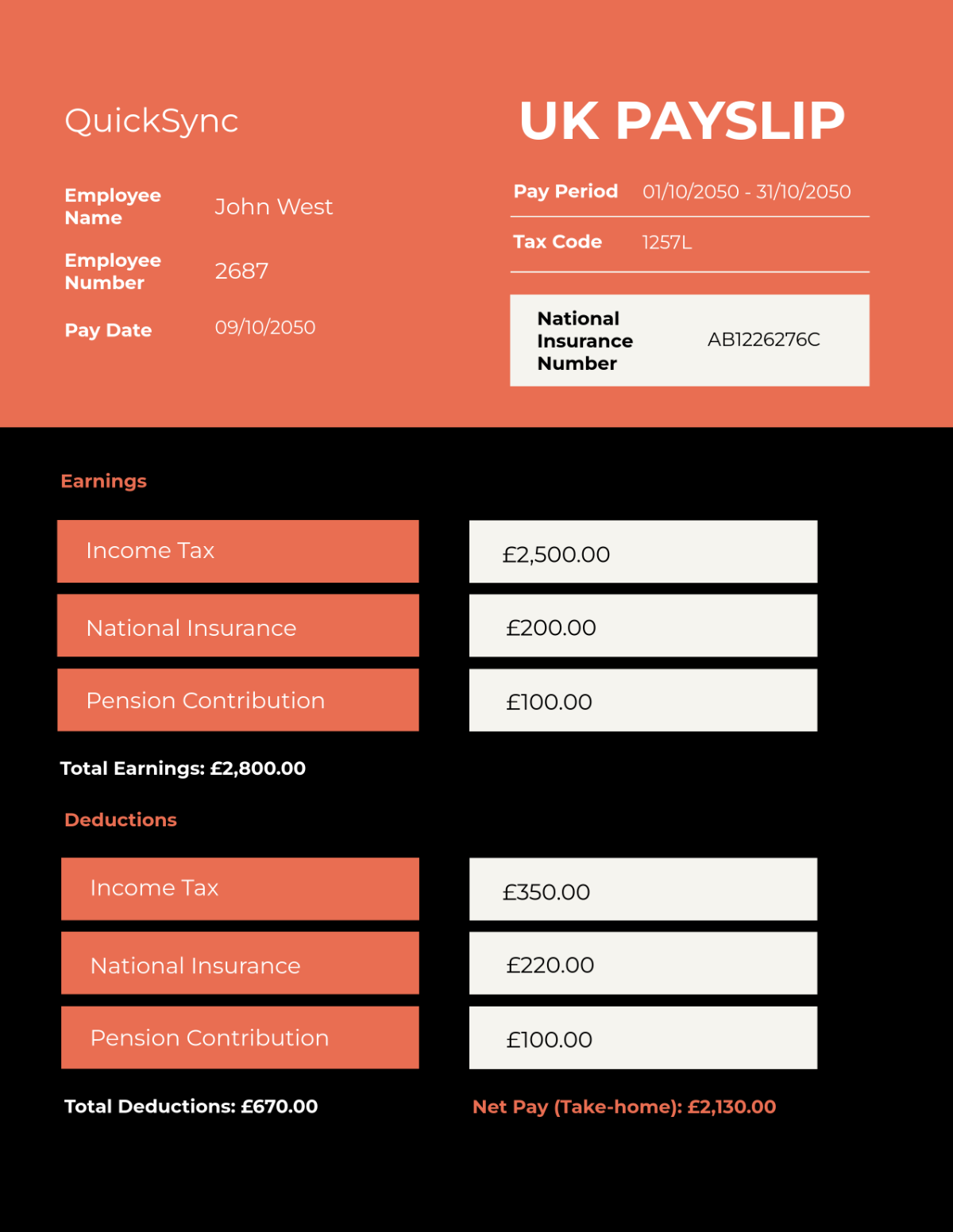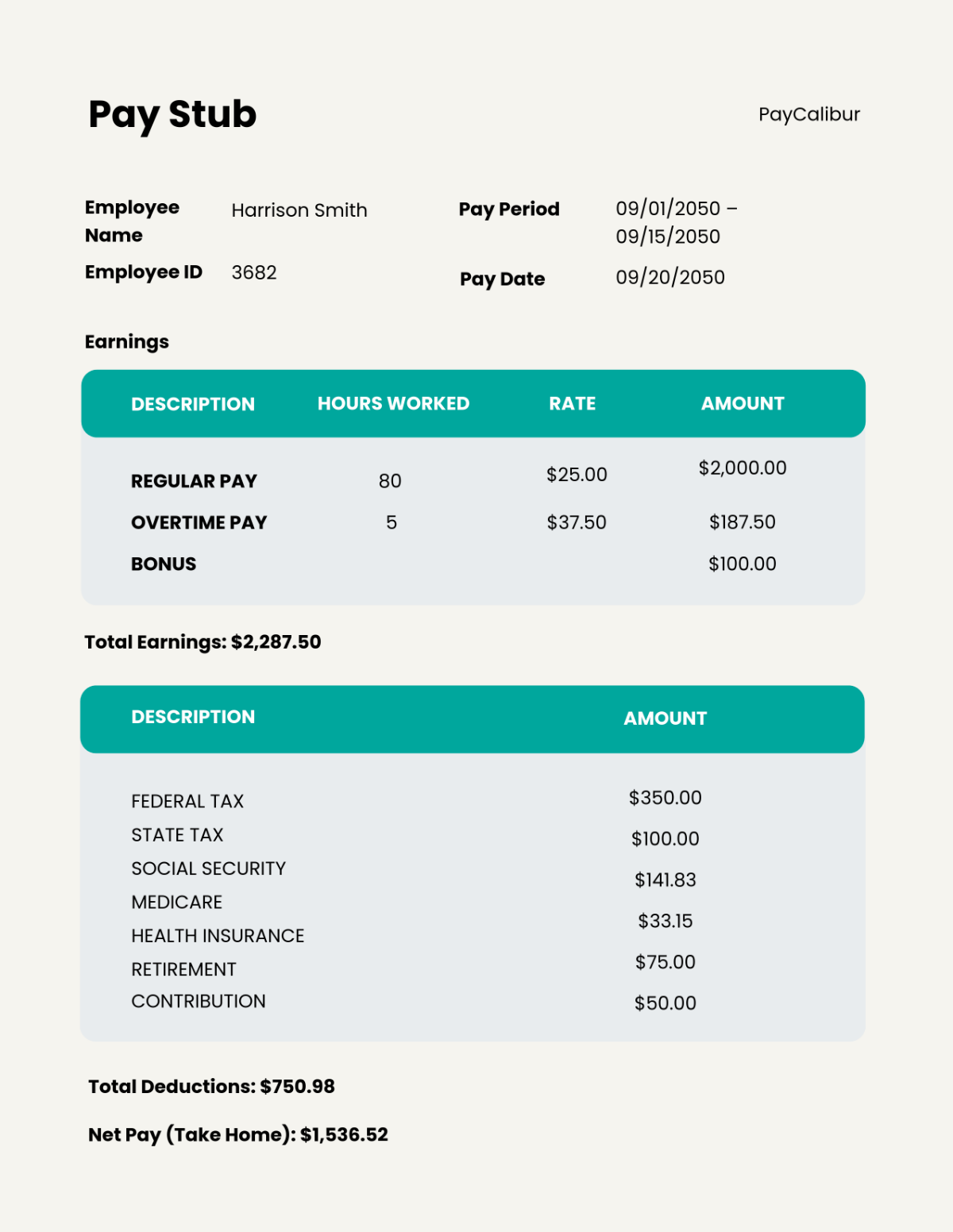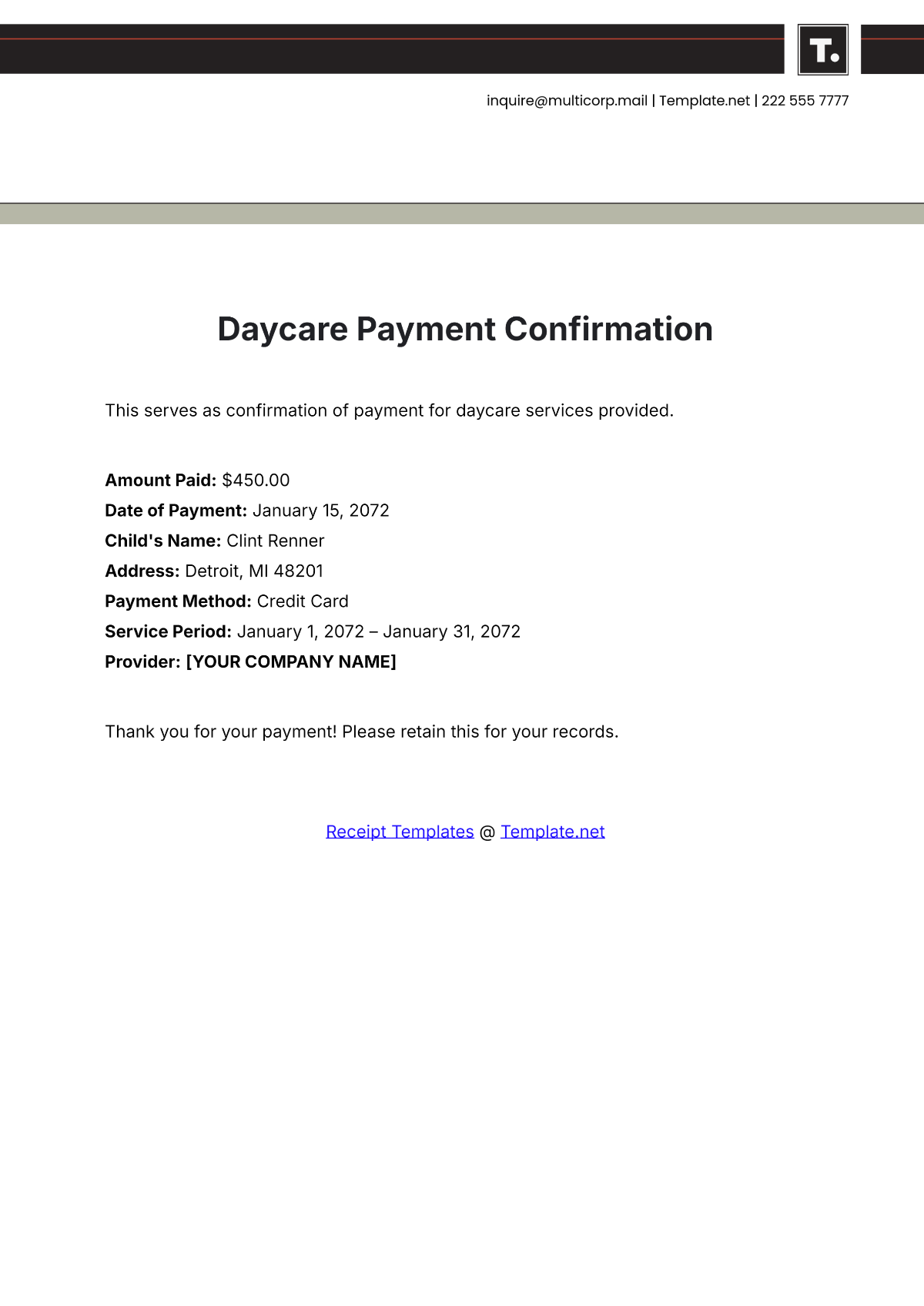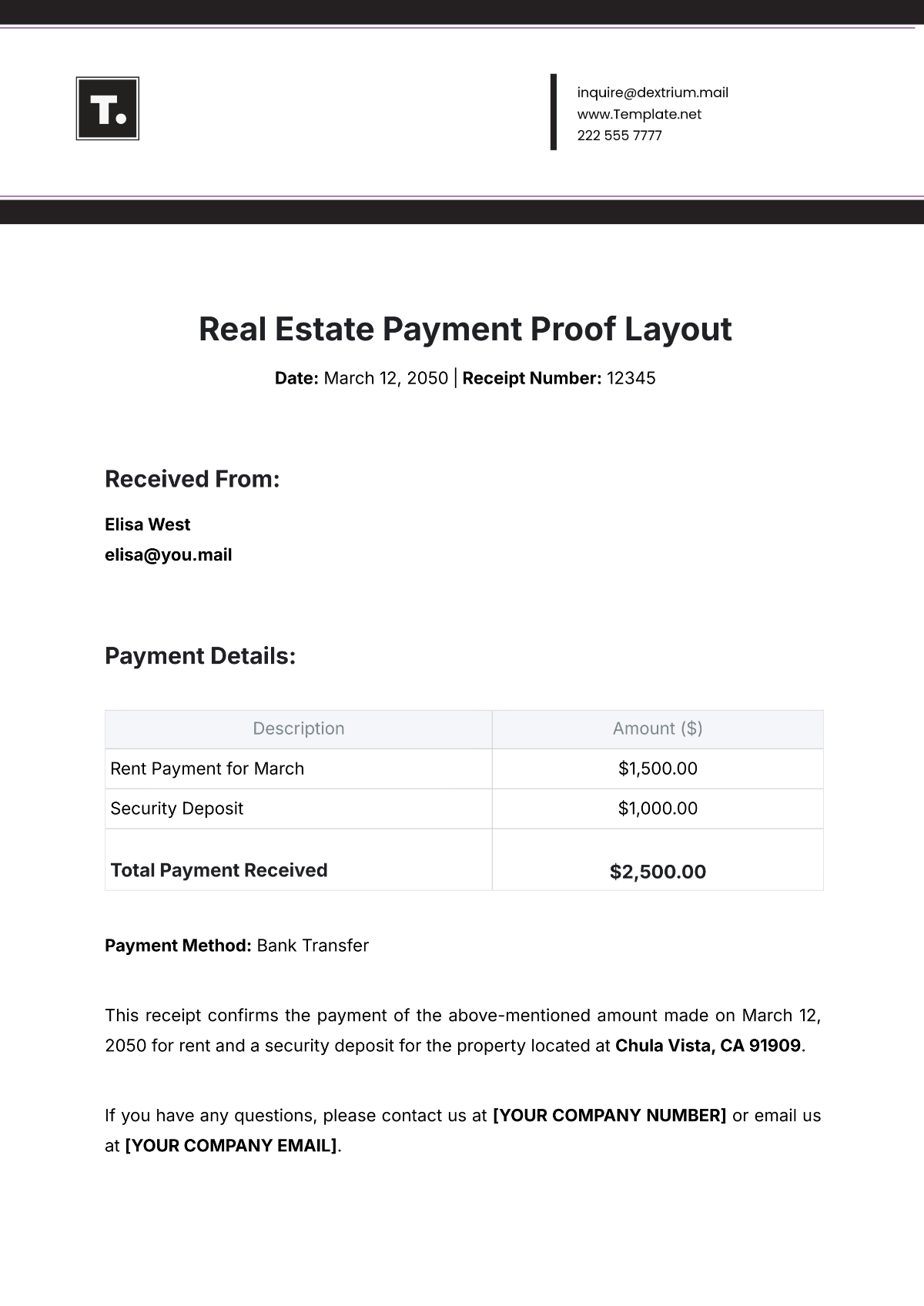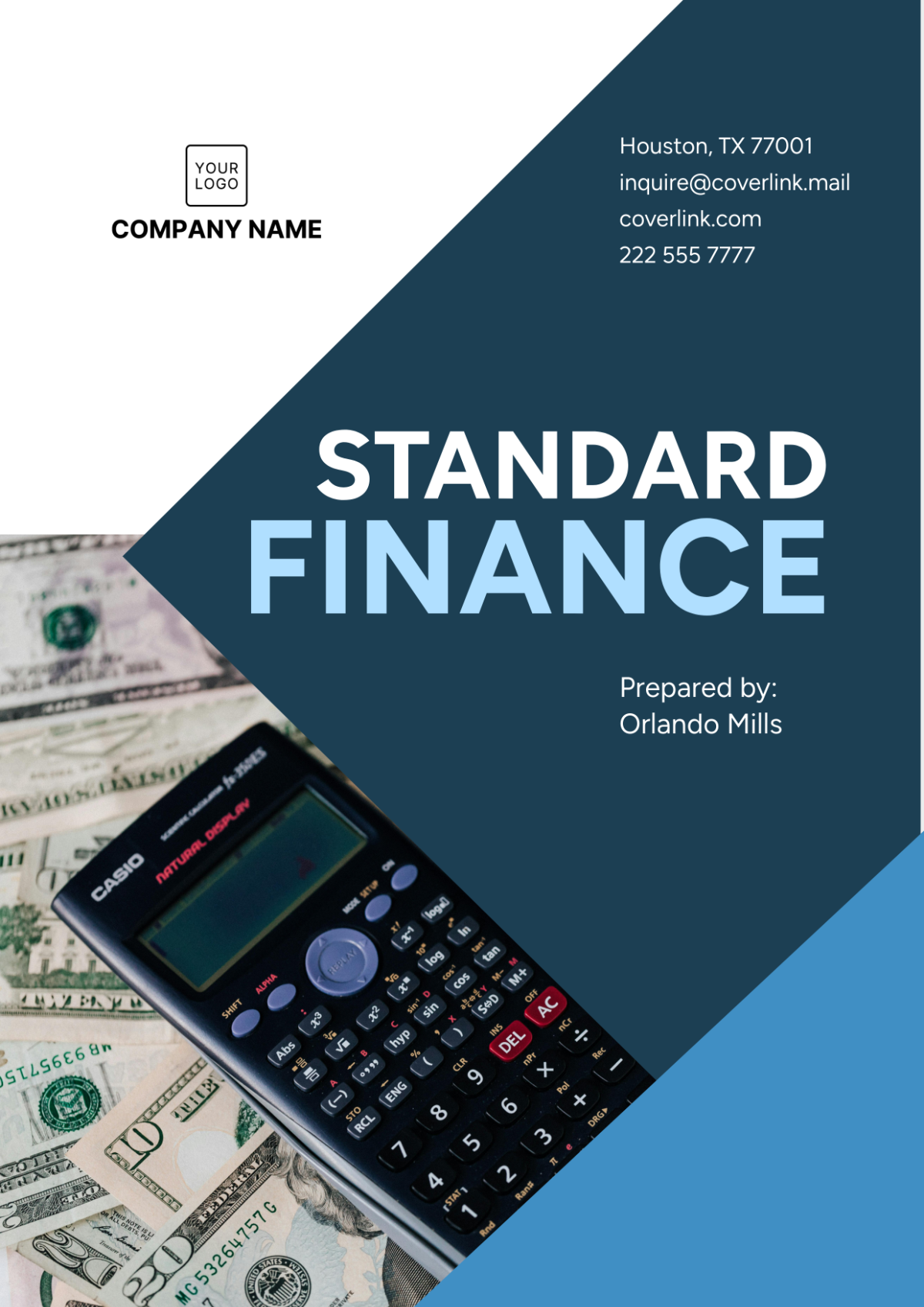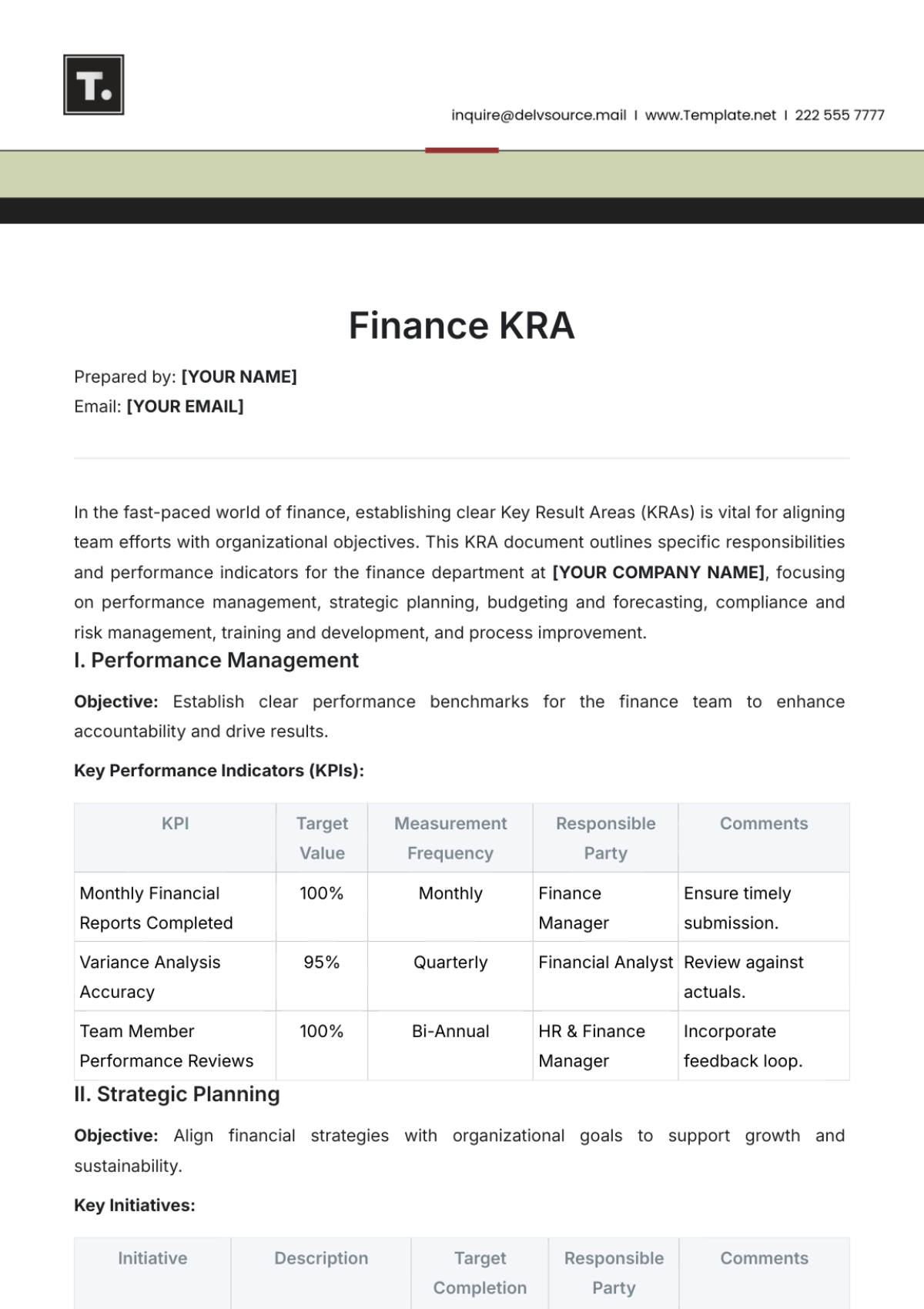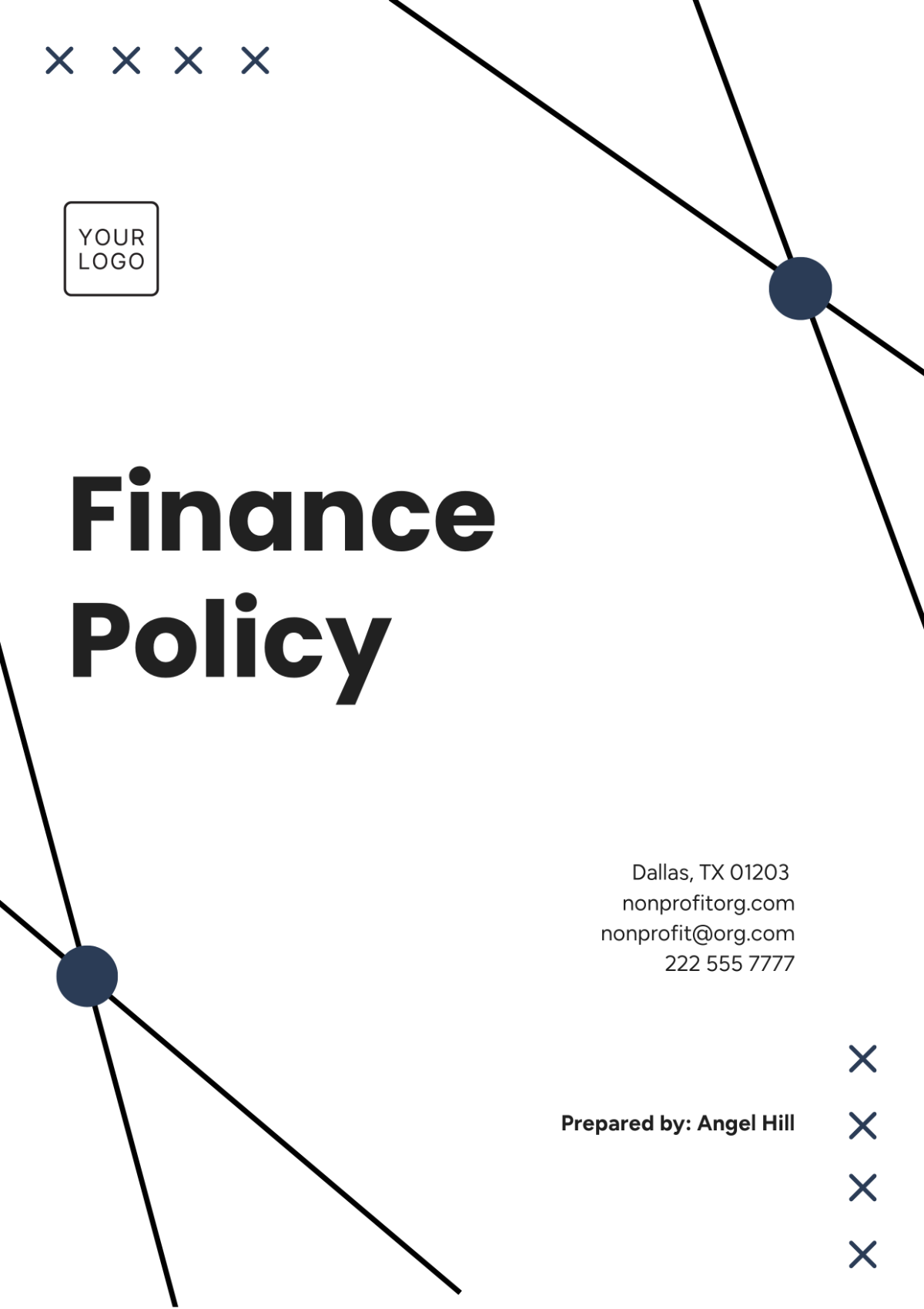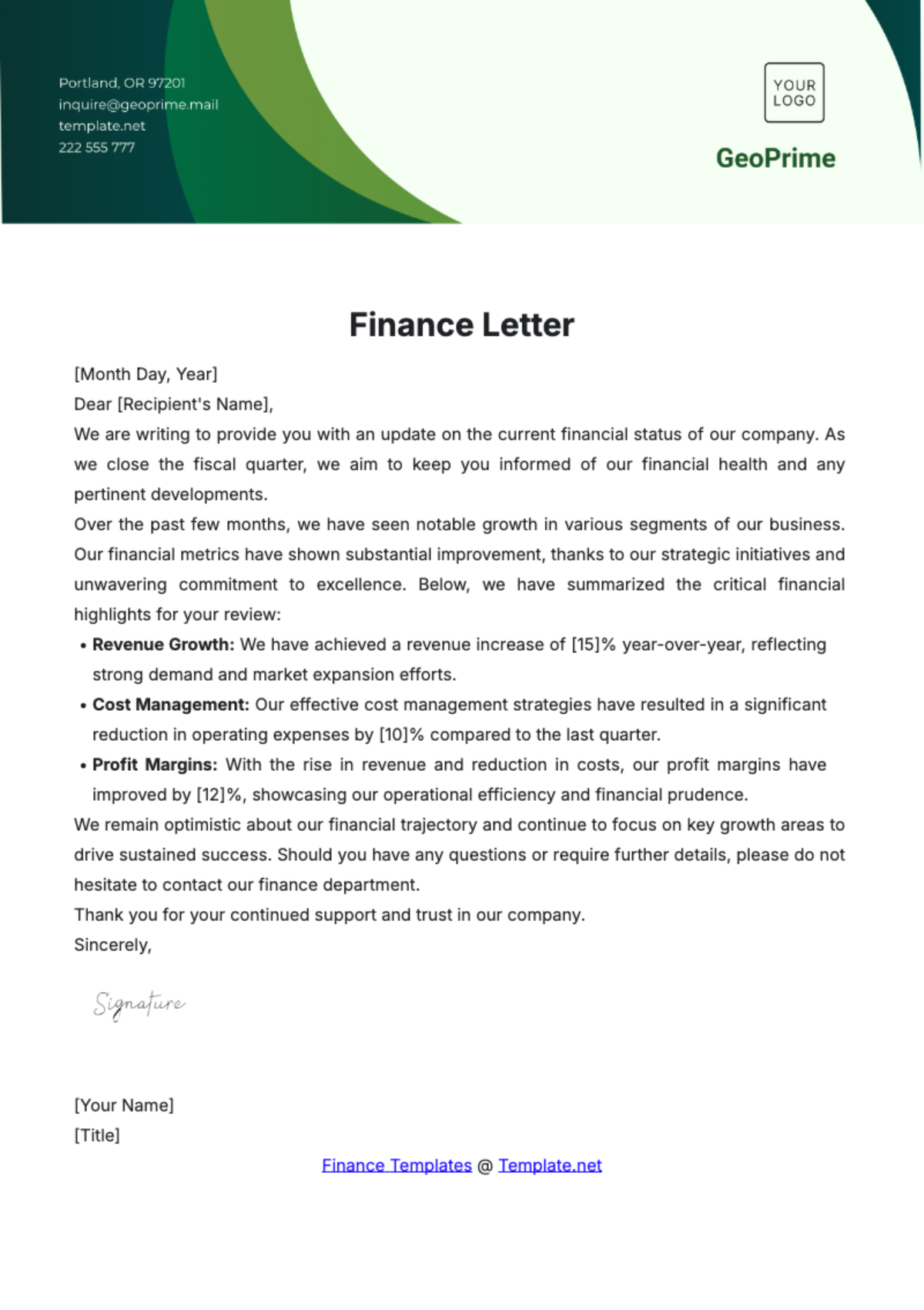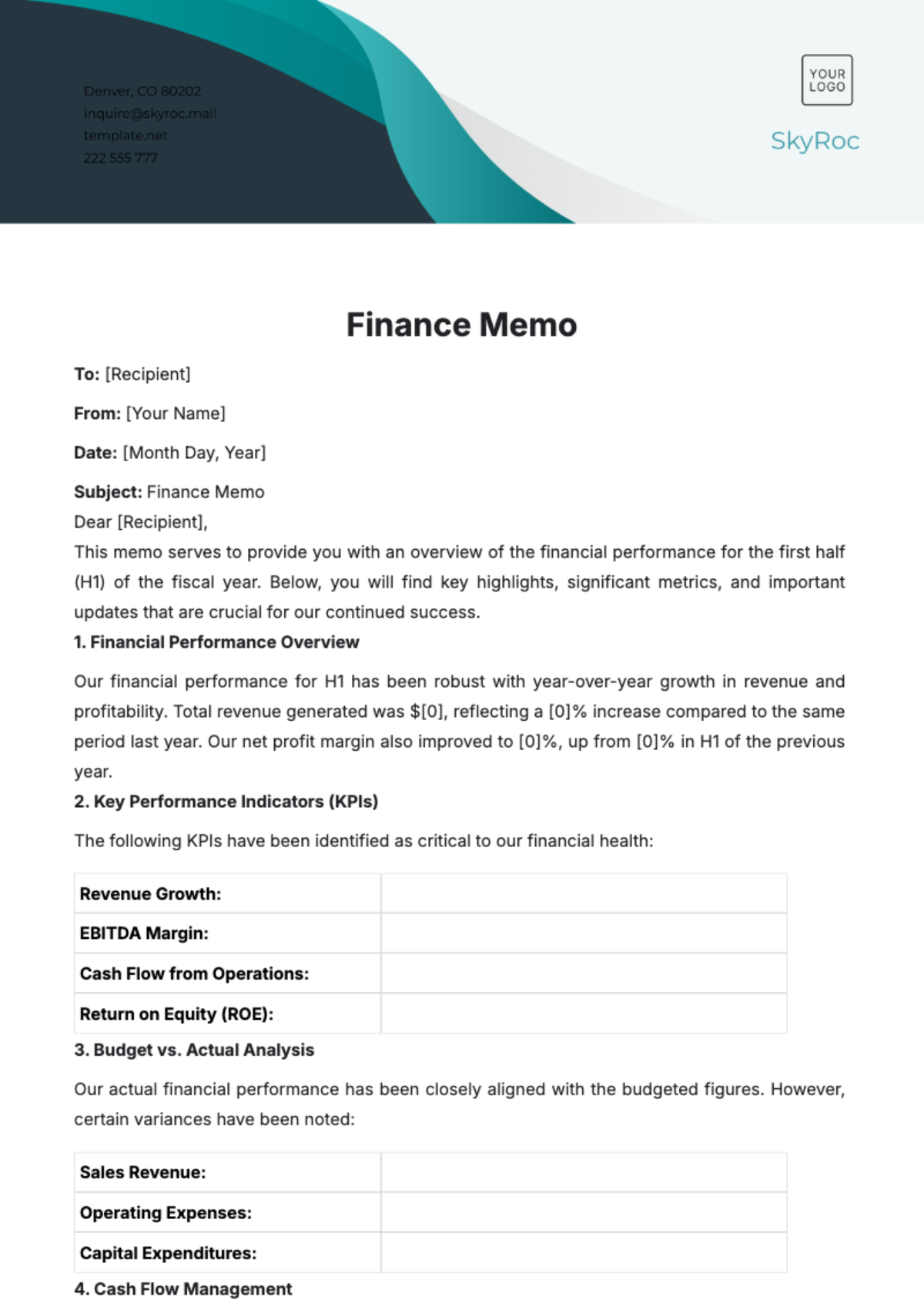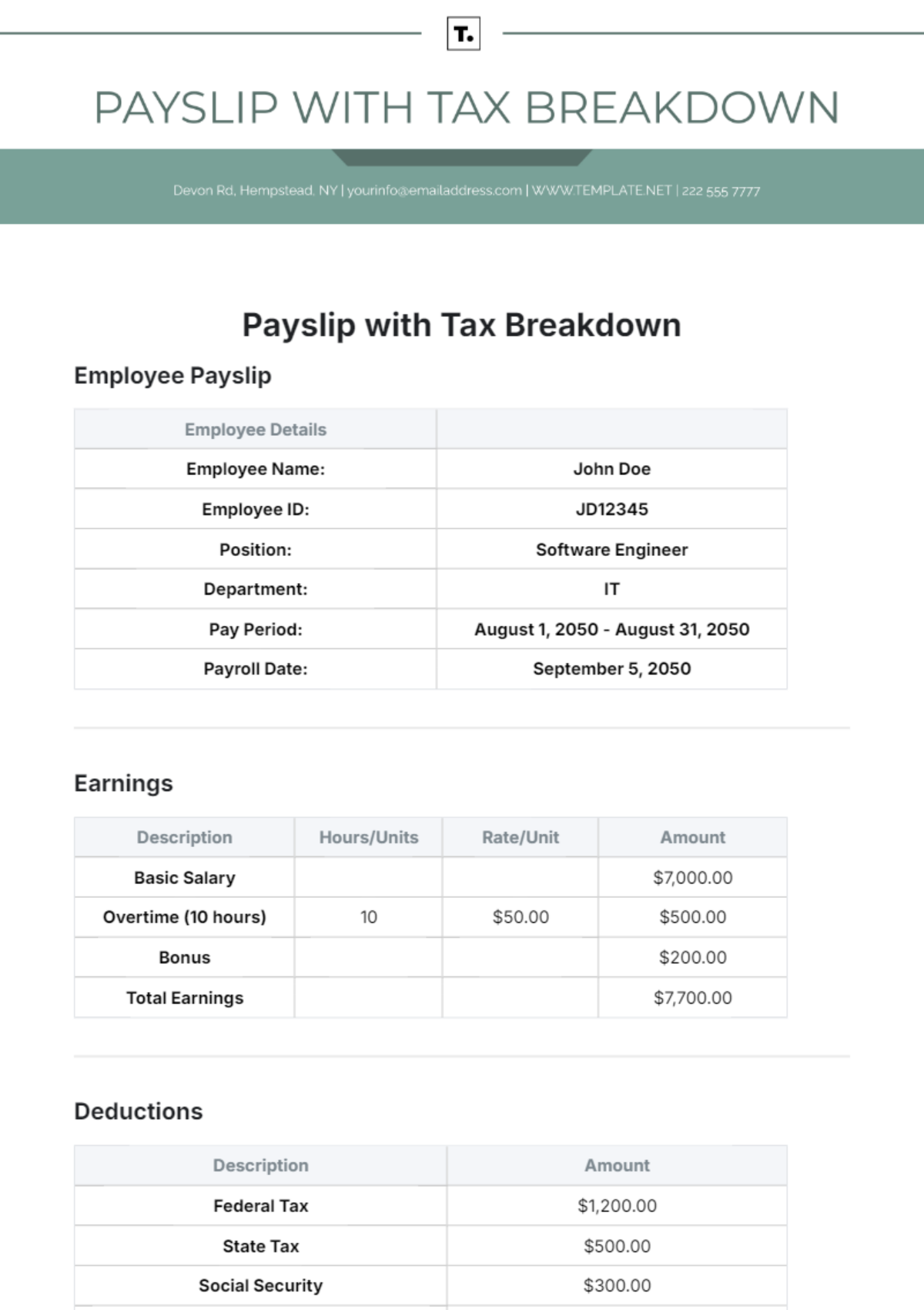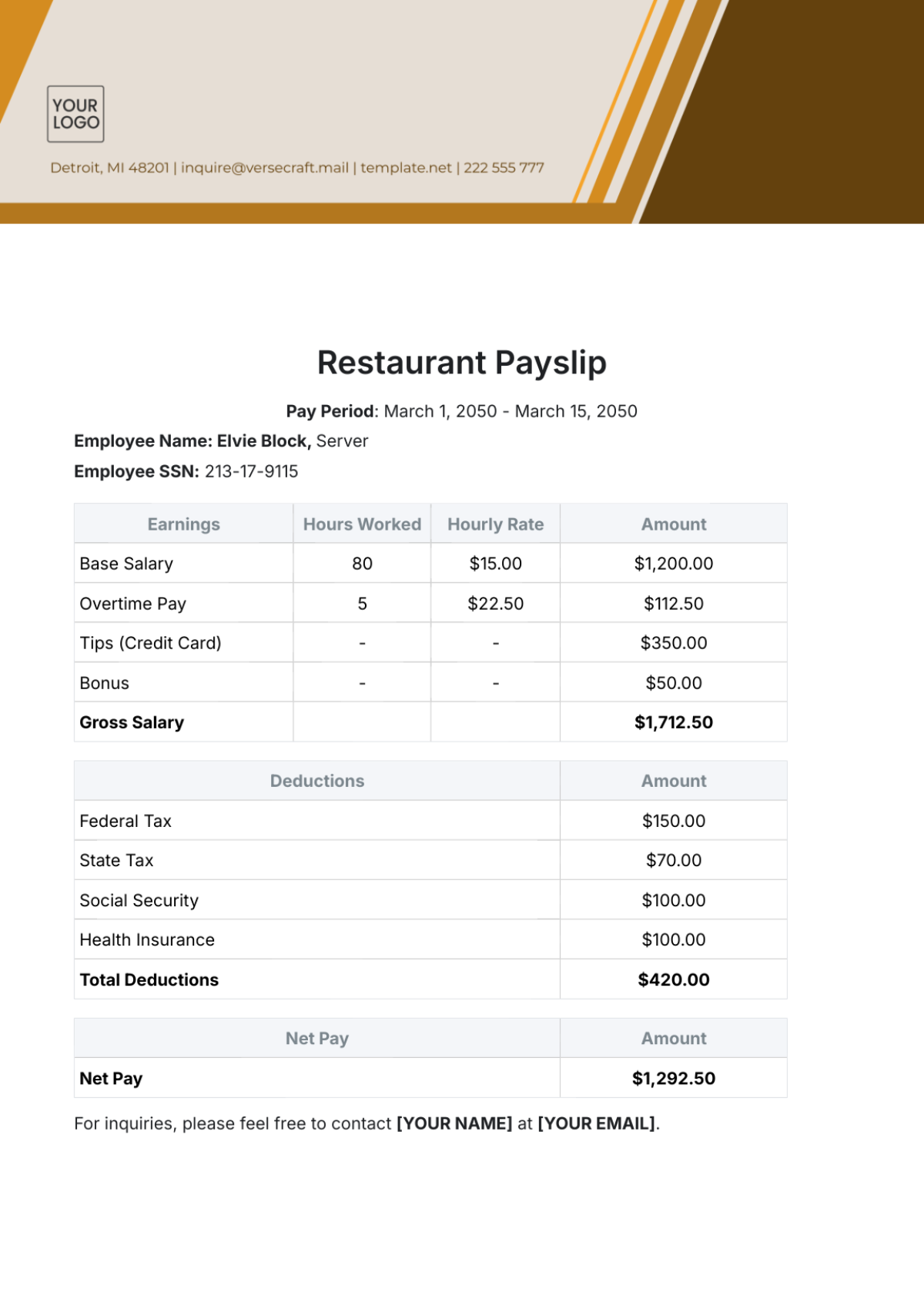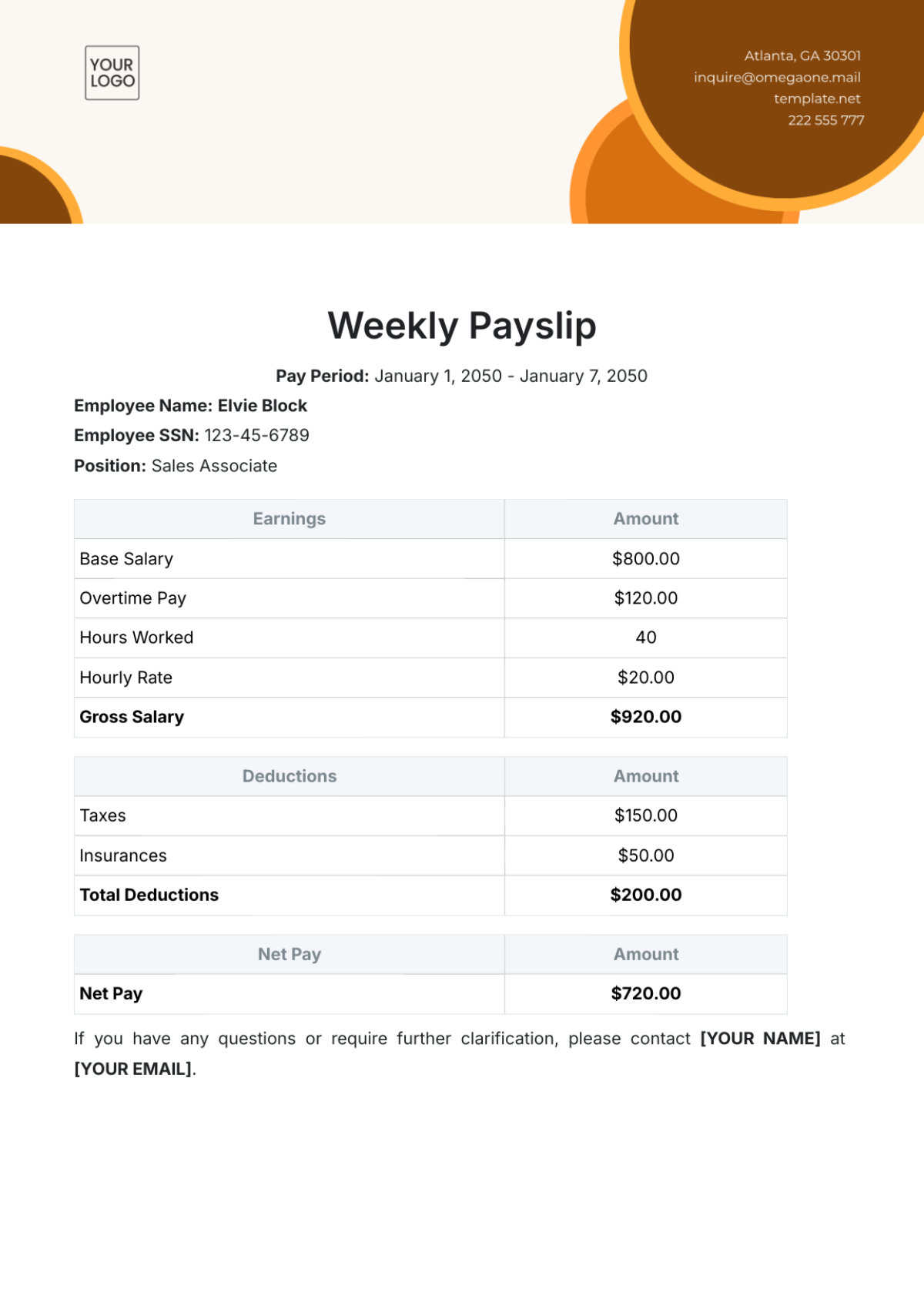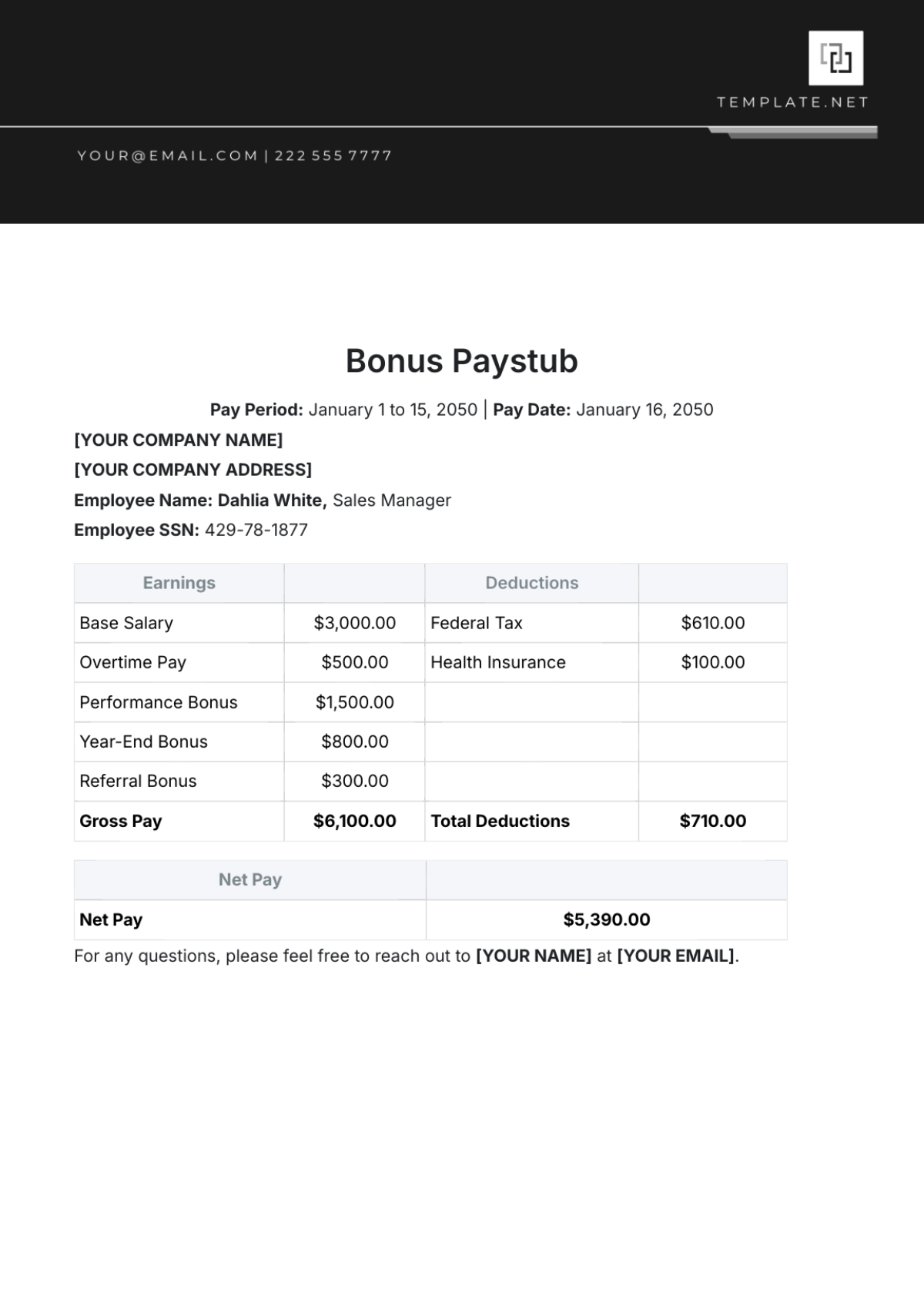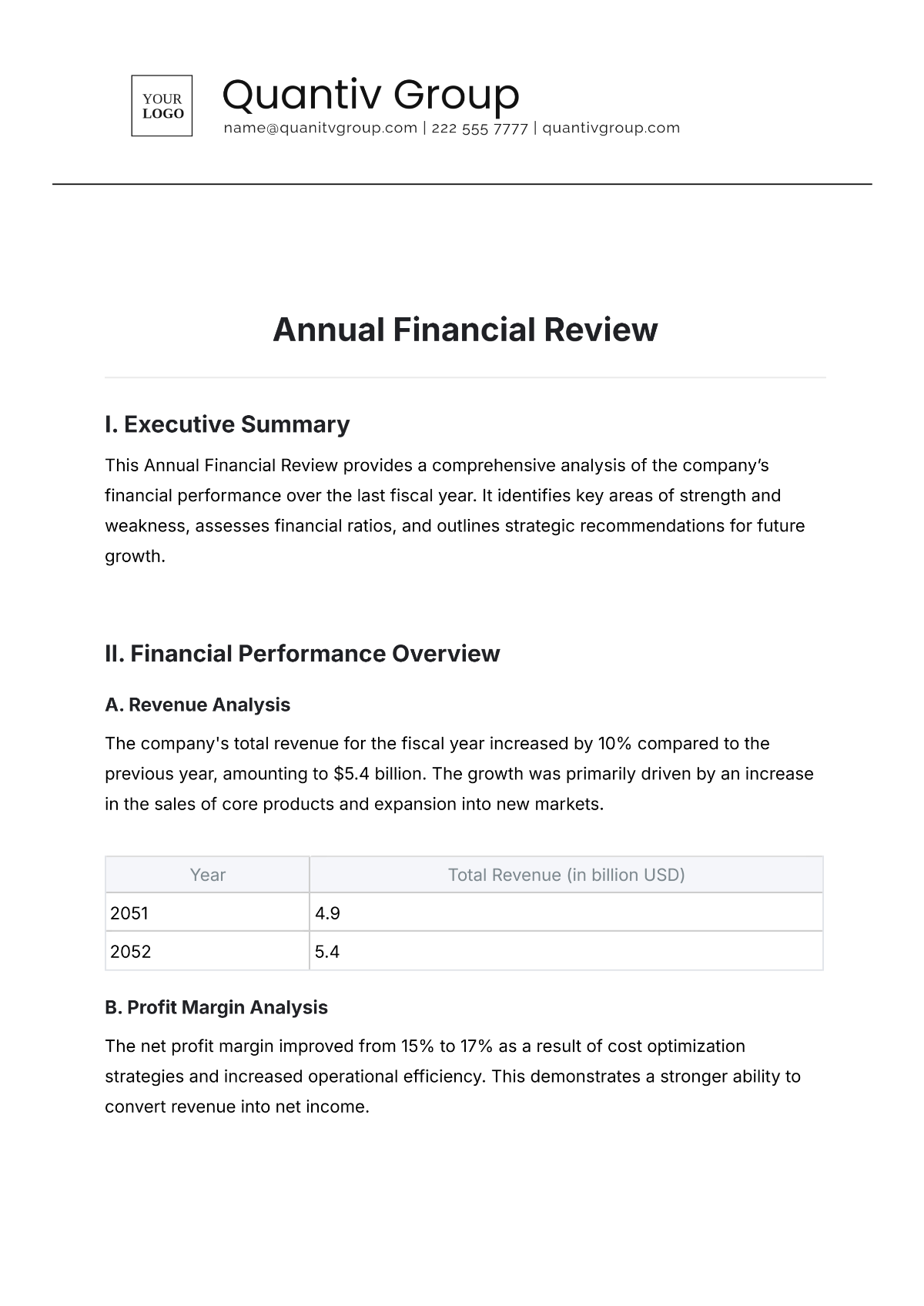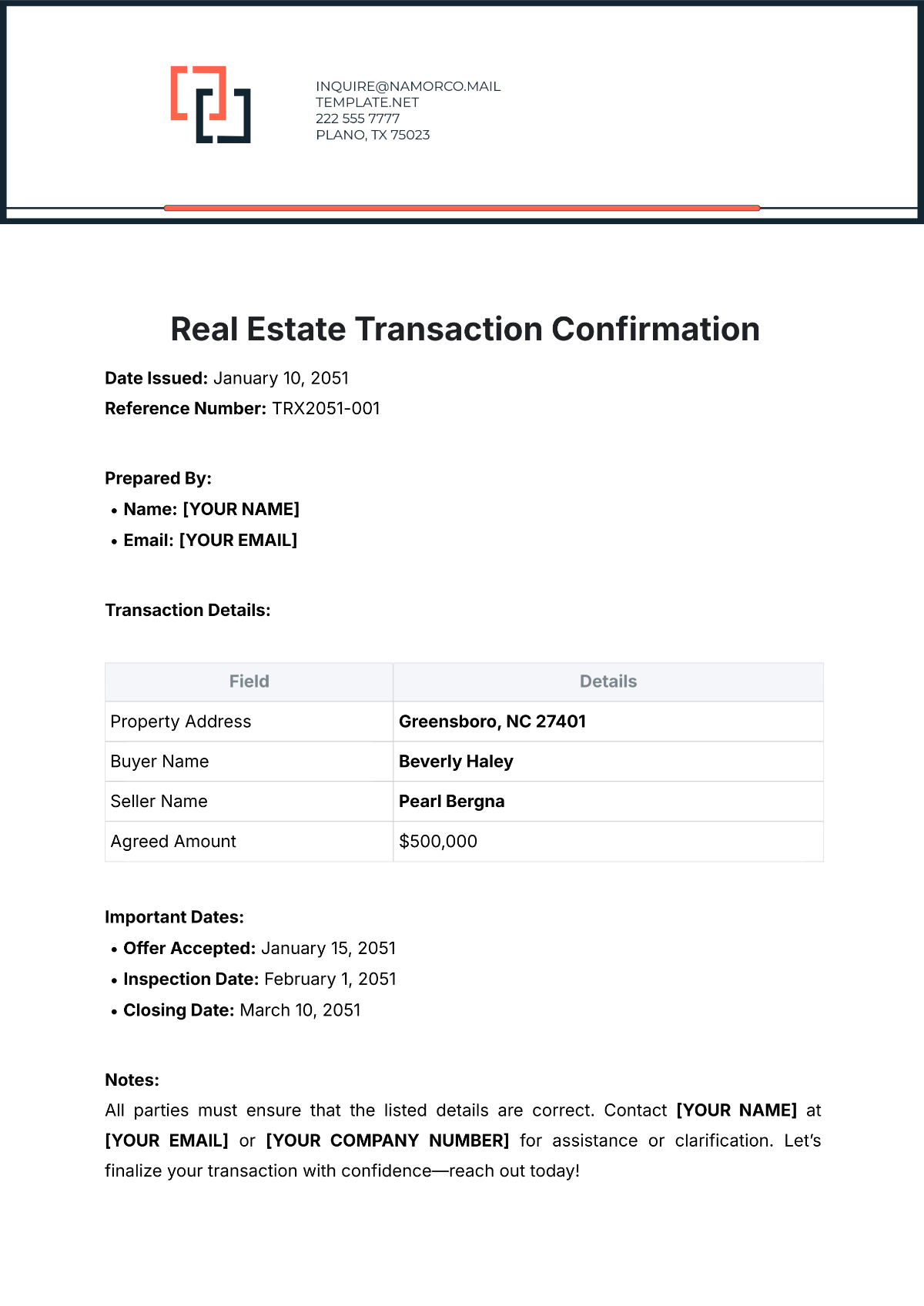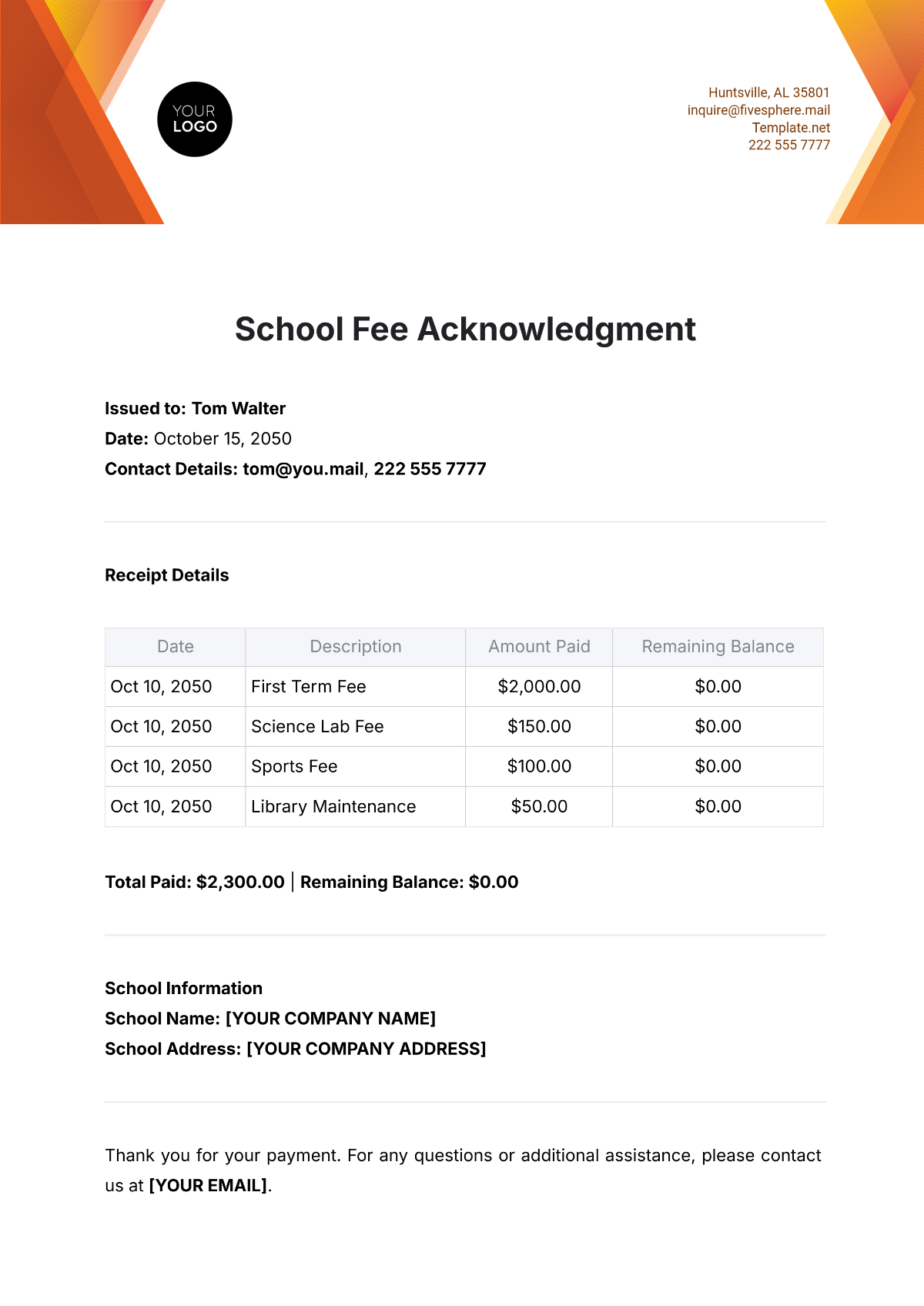Free Sales Guide on Differentiating Between Commission and Bonuses Template
Sales Guide on Differentiating Between Commission and Bonuses
In the dynamic world of sales, compensation structures serve as a cornerstone for motivating and rewarding sales professionals. Among these structures, commission and bonuses stand out as essential elements of a salesperson's financial toolkit. This comprehensive guide is designed to shed light on the nuances between these two compensation models, allowing you to discern their intricacies and harness their potential to enhance your earnings and career.
As you delve into the following pages, you'll gain a deep understanding of commission – a performance-linked reward system that ensures your income aligns directly with your sales achievements. You'll also uncover the realm of bonuses, one-time or periodic windfalls that recognize exceptional accomplishments and milestones.
1. What Is Commission?
Commission stands as a fundamental motivator for sales professionals. It is a variable payment that directly correlates with your sales performance. This compensation model is typically formulated as a percentage of the sales you generate. In simpler terms, the more you sell, the more you earn.
a. Understanding the Commission Mechanism
Let's break it down further with an example: Imagine you work for a company that offers a 5% commission rate on all sales. If you successfully close a deal worth $10,000, you would earn a commission of $500. This $500 represents 5% of the total sale value.
So, commissions are your monetary rewards for turning your sales prowess into actual revenue for the company. They act as a powerful incentive, aligning your financial gains directly with your sales performance.
Understanding commission is pivotal for any salesperson, as it forms the cornerstone of your financial rewards, and mastering this structure can significantly impact your overall earnings.
b. The Pros and Cons of Commission
Pros of Commission
Direct Incentive
One of the primary advantages of commission-based compensation is the direct incentive it provides. Salespeople are intrinsically motivated to sell more, as their earnings are intricately tied to their individual performance. This means that the more they sell, the more they earn, fostering a sense of ownership over their income.
Variable Income
Commission structures offer the allure of variable income, a double-edged sword that can greatly benefit sales professionals. During peak sales periods, such as the holiday season, the potential to earn substantially more through commissions increases. This variability creates an exciting opportunity to ride the waves of prosperity when demand is high.
For example, during the holiday season, a sales representative can witness a surge in earnings due to the exponential increase in sales volumes, translating into a merrier and more prosperous season.
Cons of Commission
Income Variability
On the flip side, commission-based income is not without its challenges. One of the key downsides is the income variability it introduces. Sales can fluctuate, leading to periods of income instability. This inconsistency in earnings can pose personal finance challenges and necessitate careful financial planning to manage the peaks and troughs effectively.
Pressure to Sell
Commission structures can sometimes exert undue pressure on sales professionals to meet targets consistently. This constant need to achieve sales goals can lead to high-stress levels and, in extreme cases, burnout. The pressure to sell can detract from the enjoyment of the job, turning it into a relentless pursuit of quotas rather than a fulfilling career.
2. What Are Bonuses?
Bonuses are a powerful tool in a salesperson's compensation package. They represent one-time or periodic lump-sum payments granted to sales professionals as a reward for achieving specific performance milestones, exceeding company goals, or demonstrating exceptional achievements. Unlike regular salary or commission, bonuses are designed to celebrate and incentivize excellence in your sales performance.
Imagine receiving a generous bonus for consistently surpassing quarterly sales targets. Picture yourself earning an enticing bonus for achieving remarkable sales volumes within a specific timeframe. Or consider the thrill of being rewarded with a substantial bonus for emerging victorious in a company-wide sales competition. These are the moments when bonuses transform your hard work and dedication into tangible recognition and financial rewards.
a. The Pros and Cons of Bonuses
Pros of Bonuses
Reward for Achievements
Bonuses are a tangible way for your organization to acknowledge and reward outstanding performance. They serve as a powerful incentive, reinforcing the value of hard work and exceptional results.
Income Stabilization
In addition to your regular commission, bonuses offer an additional layer of financial stability. They can provide a safety net during slower sales periods or economic downturns, ensuring that your overall income remains more predictable.
Cons of Bonuses
Uncertainty
Bonuses, unlike your fixed salary or regular commission, are not guaranteed. Their availability and amount often depend on a range of factors, including company performance, meeting specific targets, and economic conditions. This unpredictability can create financial stress.
Timing
The timing of bonus payouts can be unpredictable and may not always align with your immediate financial needs. This misalignment can pose challenges when it comes to budgeting and managing your finances.
b. Key Differences Between Commission and Bonuses
How to Tell Them Apart
Frequency: Commission is typically paid regularly (e.g., monthly), while bonuses are periodic and not part of your regular income.
Calculation: Commission is based on a percentage of sales, while bonuses are awarded for specific achievements.
Example Situation:
If you receive an additional payment for meeting your monthly sales target, it's likely a commission. If you get a lump sum at the end of the year for exceeding annual company goals, it's a bonus.
3. Pros and Cons of Combining Commission and Bonuses
Combining the Best of Both Worlds
In the pursuit of motivating and rewarding sales teams, certain organizations opt for a dual approach by offering both commissions and bonuses. This strategy is designed to strike a balance between stability and exceptional rewards, ensuring that sales professionals are incentivized while enjoying some level of financial predictability.
This combined approach serves to provide salespeople with a dependable income stream through commissions, which act as a regular source of earnings tied directly to their sales performance. Simultaneously, it introduces an element of excitement and potential for exceptional rewards through bonuses. This unique combination empowers sales professionals to consistently meet their financial needs while staying motivated to achieve outstanding results and exceed their targets.
4. Negotiating Your Compensation Package
Leveraging Your Knowledge in Negotiations
When discussing your compensation package with a potential employer, it's crucial to leverage your understanding of the balance between commission and bonuses to secure the most favorable terms.
TIPS
Start by researching industry standards for commission percentages and bonus structures. This knowledge will provide you with valuable benchmarks during negotiations.
Consider your financial goals and motivation when discussing the commission percentage. If you have ambitious targets or depend on a steady income, a higher base commission might be more suitable.
When it comes to bonuses, inquire about the specific criteria for earning them. Ensure that these criteria are challenging yet attainable. It's essential that both you and your employer have a clear understanding of what it takes to qualify for bonuses.
Don't hesitate to ask for a performance review schedule that aligns with bonus payouts. Regular reviews can help track your progress and adjust your strategies to meet bonus objectives.
Negotiating for a balanced compensation structure that combines competitive commission rates with appealing bonus opportunities can be a win-win situation for you and your potential employer.
5. Managing Your Finances
Budgeting for Fluctuating Income
Effectively managing your finances when your income includes commission and bonuses is crucial for financial stability and peace of mind.
Sales professionals often experience income fluctuations due to the nature of commission and bonus structures. To ensure you can maintain your financial well-being throughout the year, it's essential to create a robust budget that accounts for this variability. Here are some key strategies to consider:
Baseline Budgeting: Start by establishing a baseline budget that covers your essential living expenses, such as rent or mortgage, utilities, groceries, and transportation. This budget should represent the minimum amount you need to maintain a reasonable standard of living.
Variable Income Allocation: Given the uncertainty of your sales income, allocate a portion of your earnings to cover these essential expenses. A general guideline is to set aside at least 70-80% of your monthly commission income for these necessities.
Emergency Fund: Build and maintain an emergency fund that can cover your living expenses for three to six months. This safety net provides financial security during lean periods or unforeseen emergencies.
Strategic Savings: Plan for long-term financial goals by creating additional savings accounts. Allocate a portion of your bonuses toward these accounts, which can be used for major expenses like a down payment on a house, education, or retirement.
Track Your Expenses: Keep a meticulous record of your spending to ensure you are adhering to your budget. Numerous budgeting apps and tools are available to help you monitor your financial activities.
Flexibility: Be prepared to adjust your budget as your income fluctuates. In months with higher sales and earnings, consider saving even more for future dry spells.
Consult a Financial Advisor: Seek advice from a financial advisor or accountant with expertise in managing fluctuating incomes. They can provide personalized guidance and investment strategies.
Diversify Your Income: Explore opportunities to diversify your income sources, such as investments or part-time work during slow sales seasons. This can help mitigate the impact of fluctuating sales earnings.
6. Conclusion
In the ever-evolving world of sales, the effective management of compensation structures is an essential skill for any sales professional. Commission and bonuses, as explored in this guide, offer distinct avenues for financial motivation and recognition. As we conclude this journey, it is evident that the key to leveraging these compensation models lies in understanding their differences, recognizing their benefits, and adapting your financial strategy accordingly.
For salespeople, commission provides a direct link between effort and earnings, incentivizing hard work and achievement. Meanwhile, bonuses offer the promise of extraordinary rewards for outstanding performance, adding an element of excitement to the profession. By mastering the art of commission and bonuses, you have the power to maximize your income and drive your career to new heights.
In your journey as a sales professional, remember that these compensation structures are not isolated elements but tools that can be harnessed to achieve your financial goals. The insights in this guide equip you with the knowledge needed to negotiate, budget, and prosper in the ever-fluctuating world of sales. By aligning your compensation with your aspirations and implementing sound financial strategies, you have the potential to excel in your sales career and secure a stable, rewarding future.

